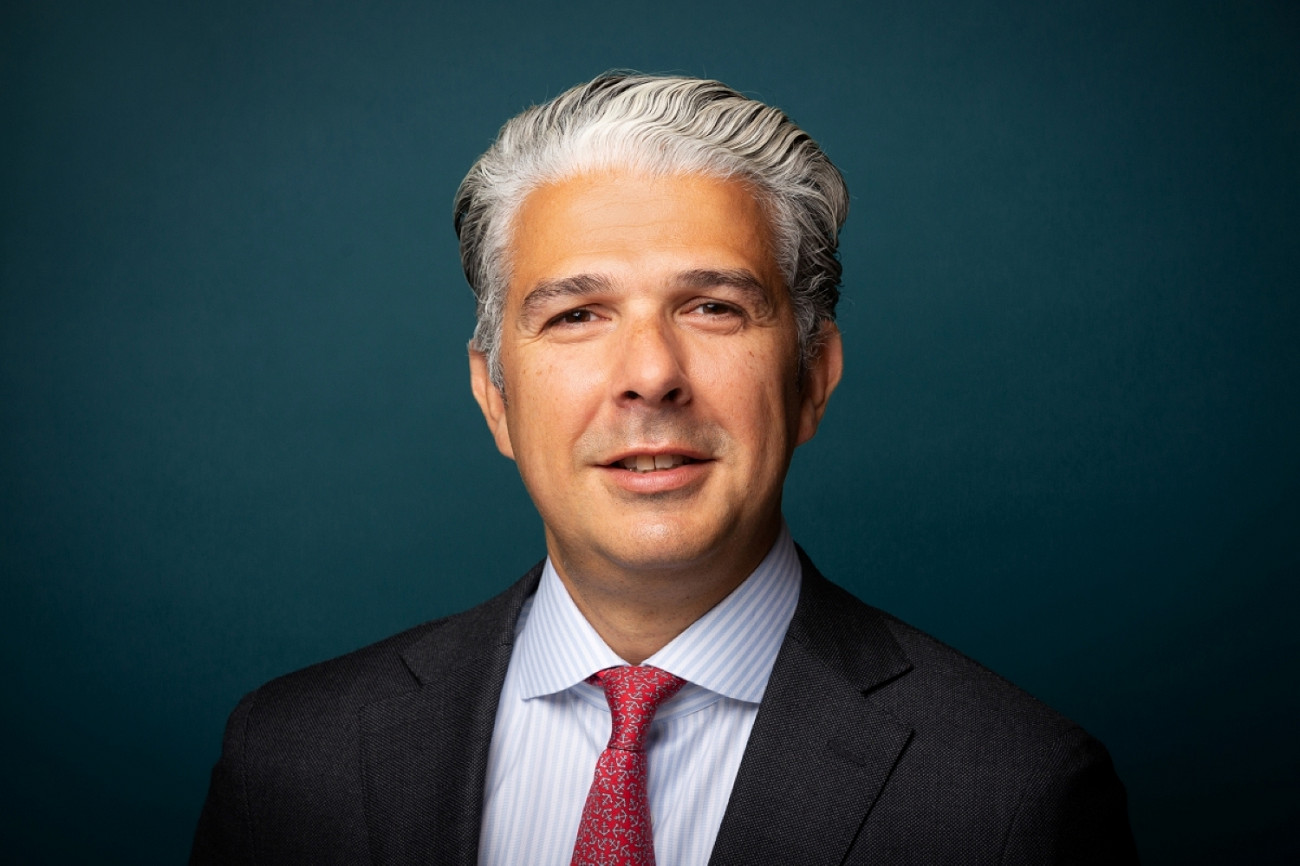James Broadhurst is Partner at Charles Russell Speechyls. He specialises in corporate advice and transactional work for public and private companies, including family and owner-managed businesses. He also co-leads the Investors and Entrepreneurs group at the firm and advises on corporate finance matters, M&A, equity fundraisings, joint ventures and corporate governance.
What advice do you have for founders when approaching an exit?
James Broadhurst: It can create a bottleneck if all roads come back to one person. In one case, an entrepreneur was working until three or four every morning for three months because there was so much legal, financial and commercial due diligence. It’s not a good idea.
For a successful exit you not only need the right people helping with the transaction, you also need a great management team so that the buyer can see that value will be retained once the founder has gone. That team needs to be totally engaged in the whole process, and those conversations need to happen ideally two years before the event.
Another thing for founders to remember is that they will never have as much leverage as they do in the early stage of the process, so no matter how excited they are they shouldn’t sign heads of terms without getting advice.
How can inadequate family governance get in the way?
James Broadhurst: Typically a founder will focus on growth, not family charters or articles of association. It’s only when there’s a looming event like an exit or succession that they start thinking about the nuts and bolts. But it can have huge implications for getting material investors if there are too many legacy shareholders holding onto their stock, or you don’t have documents saying who owns what, or clear contractual frameworks.
For example, to get the best people you usually incentivise them with shares or options, but what if they leave, or there’s a death? What happens if a next gen by marriage becomes involved in the business, and then they divorce? Do they keep their shares? Do they go back to the company or get bought back?
It can stop a transaction if you’re not organised.
What kind of questions do families need to ask when making a family charter?
James Broadhurst: Family charters encapsulate what’s important to the family, its values and vision. For example, it may say that we’re happy to innovate but not to digress from our core business. So when a family member suggests getting into crypto for exampleyou can have a conversation with a document you’ve all agreed on.
It’s about setting goals but also deciding how you’re going to monitor them and what you’ll do if they’re not being met. How will the family act to resolve disputes? How will it train next gens, how often will the family meet, what will happen if a family member who wasn’t involved now wants to get involved? All these things can go into a bespoke document.
How do advisors need to adapt to the needs of private clients?
James Broadhurst: It’s so much fun to advise these clients, especially when they’re grown a business from nothing or you’re dealing with international businesses. But the way you advise them is different from how you might speak to an institution. There’s more empathy required - it’s not that they necessarily care more, but it’s theirs.
I’m a corporate lawyer, so I advise on transactions and investments rather than family charters, but you need to be fully aware of the issues, you can’t just say ‘that’s not what I do’ in private client work. So I co-head the investors and entrepreneurs group at our firm, which includes people from the corporate and the private client teams, to make sure we’re joined up. Unbelievably, that’s actually quite rare.
About James Broadhurst
James Broadhurst is Partner at Charles Russell Speechyls, where he specialises in corporate advice and transactional work for public and private companies, including family and owner-managed businesses
About The Lede
This article was originally published in The Lede, Transmission Private’s monthly newsletter that tracks the future of reputation management. Featuring interviews with leading private client advisers from the worlds of law, finance, and accountancy, sign up today to receive the newsletter in your inbox every month.

